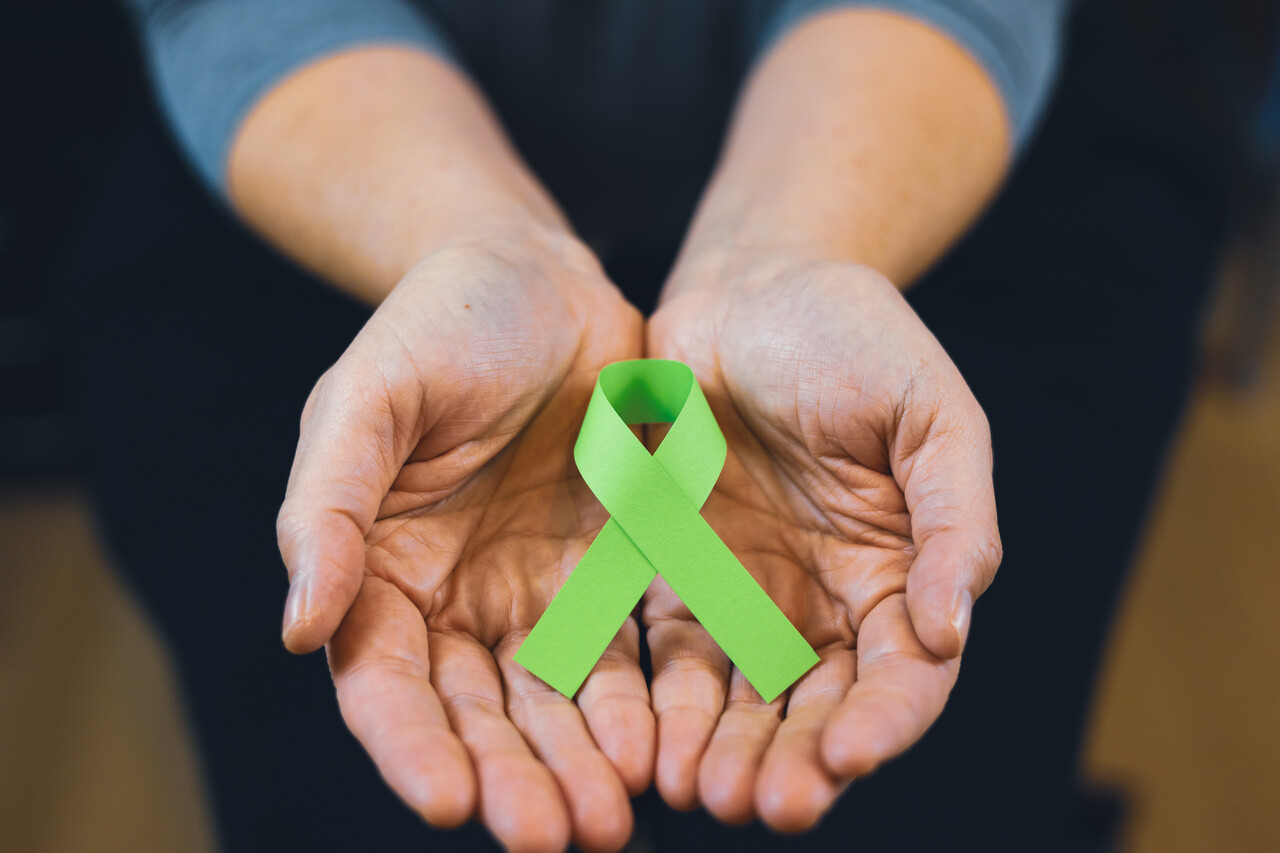Every May, Mental Health Awareness Month gives us a moment—an invitation—to talk about something so many people are silently carrying every single day.
For some, mental health is a conversation they’ve had a hundred times. For others, it’s something they’ve never put words to. Maybe because of fear. Maybe shame. Maybe they were told to “tough it out,” or they believe they should be fine.
But here’s the truth: You’re not weak for struggling. You’re human. And you’re not alone.
Why Mental Health Awareness Month Matters
Mental Health Awareness Month was established in 1949 by Mental Health America to raise awareness, break stigma, and advocate for those navigating mental health challenges. Over 70 years later, the mission is just as important—maybe even more so.
In today’s world, stressors are everywhere—financial pressure, social comparison, burnout, unresolved trauma, grief, or just the daily pressure to keep going when you’re already exhausted.
That’s why Mental Health Awareness Month is more than a calendar event—it’s a lifeline. It reminds us that beneath the surface, so many are fighting battles we can’t see.d.
- 1 in 5 U.S. adults experience mental illness each year.
- 1 in 6 youth aged 6–17 experience a mental health disorder annually.
- And yet, over 50% of people with a mental illness never seek help.
That silence? It’s not from lack of pain. It’s from stigma, fear of judgment, cultural barriers, and a belief that no one will understand—or care.
We do.
Understanding Mental Health: More Than Just a Diagnosis
Mental health includes our emotional, psychological, and social well-being. It affects how we think, feel, and act. And it’s not binary—you’re not either “fine” or “broken.” Mental health exists on a spectrum, and where you are on that spectrum can shift with life’s challenges.
Some of the most common mental health disorders include:
- Depression – persistent sadness, fatigue, loss of interest, and feelings of worthlessness.
- Anxiety Disorders – excessive worry, panic attacks, racing thoughts, physical symptoms like chest tightness or restlessness.
- PTSD – intrusive memories, emotional numbness, flashbacks, or hypervigilance after experiencing trauma.
- Bipolar Disorder – cycling between emotional highs (mania) and lows (depression).
- OCD – obsessive thoughts and compulsive behaviors that feel impossible to stop.
- ADHD – difficulty focusing, restlessness, forgetfulness, and emotional dysregulation.
But mental health doesn’t always look like a crisis. Sometimes it looks like:
- Cancelling plans over and over again.
- Overworking to distract yourself.
- Always being “on” for everyone else while neglecting your own needs.
- Feeling emotionally numb, or crying in the car before walking into work.
This is why Mental Health Awareness Month is so crucial—it helps shine a light on struggles that often go unseen.

Why People Hide It
There are a lot of reasons someone might keep their struggles to themselves:
- They’re scared of being judged or misunderstood.
- They think asking for help makes them a burden.
- They don’t have words for what they’re feeling.
- They’ve been hurt before when they opened up.
- They feel like nothing will help.
If that sounds familiar, you’re not wrong for feeling that way. But we want you to know: the right support can help. Healing is not instant, but it is possible.
This Month Is About You
Mental Health Awareness Month isn’t just about education—it’s about empathy. It’s a reminder that your feelings are valid, your story matters, and struggling doesn’t make you broken. It makes you real.
If you’re reading this and thinking, “This is me, but I wouldn’t even know where to start,” here’s a gentle place to begin:
- Talk to someone you trust.
- Journal how you’ve been feeling lately—honestly.
- Look into therapy, even if just to ask questions.
- Unfollow things that make you feel worse.
- Give yourself permission to rest without guilt.
At Lifeline, You’re Seen, Heard, and Supported
At Lifeline Behavioral Health, we know there’s no one-size-fits-all approach to mental health. We offer personalized, evidence-based care for individuals, couples, and families. From anxiety and depression to trauma, neurodivergence, and beyond—we’re here to help you navigate whatever you’re going through.
We meet you where you are, whether that’s in person or through telehealth, whether you’re ready to dive in or just starting to ask, “Could therapy help me?”
You don’t have to have it all figured out to take the first step.
You Matter. Always.
Mental Health Awareness Month is about community. It’s about pausing the performance and recognizing the person underneath.
So, if you’re carrying something heavy right now—emotionally, mentally, silently—we see you. Lifeline is here to walk alongside you, not in front of you, not behind you, but with you.
You’re not weak. You’re not alone. And you’re never beyond hope.


